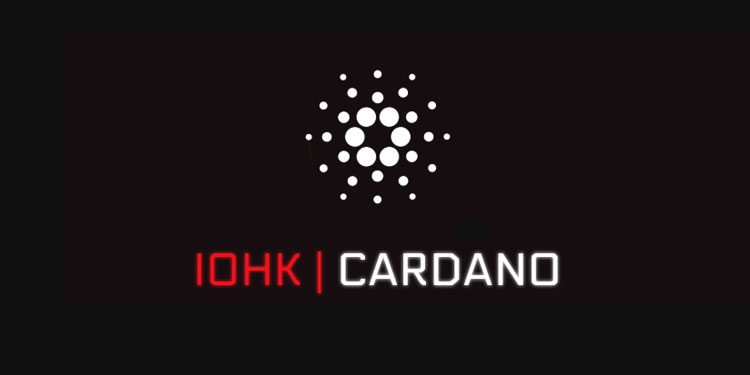IOHK, the blockchain R&D company and developers of the Cardano blockchain, as of 31st March 22:44:51 BST successfully decentralized block production on the Cardano blockchain. As such, IOHK will no longer produce any blocks on Cardano, with the responsibility now fully in the hands of the Cardano community.
This is a significant moment in the total decentralization of Cardano, which will eventually achieve full decentralization of governance and network, meaning the community will be completely in charge of every aspect of the development and health of the blockchain.
IOHK’s handing over of block production has been a gradual process, carried out over the past seven months. This steady pace of decentralization has allowed the team to ensure the platform was optimized throughout the process. Control over block production has now been completely handed over to Cardano’s diverse network of over 2,000 community stake pools.
“Since the Shelley update in July last year, we’ve been working with our stake pool operator community to ensure that the steady transfer of responsibility for block production in Cardano is predictable and smooth. This is a key milestone in Cardano’s development, as it is the first component of the handover of control to the community. This is a process that will continue throughout the rest of this year. Peer to peer network decentralization is next in our sights, along with implementing advanced governance features to hand control of the blockchain over to the Cardano community.”
– Aparna Jue, Product Director at IOHK
How IOHK Defines Decentralization
Decentralization is at the heart of IOHK’s philosophy. When it comes to full decentralization, IOHK defines this as requiring three distinct elements: block production, governance, and network.
- Staking provides a way for users to participate in the protocol and to create blocks. IOHK has now achieved decentralization of block production.
- Governance is needed in order to manage update and improvement proposals, in a way that involves fair, inclusive voting by its users.
- The network, as in the physical infrastructure and protocols, must also decentralize. Only when all three of these elements have been achieved can a blockchain call itself fully decentralized.
Proof-of-Stake (PoS)
IOHK was the first to present and describe the energy-efficient Proof-of-Stake (PoS) blockchain architecture, submitting a research paper on IOHK’s PoS system, Ouroboros, to the International Cryptology Conference on August 21st, 2017. IOHK’s Proof-of-Stake system allows the entire global blockchain network to be powered by the energy equivalent of just a single-family home.






















